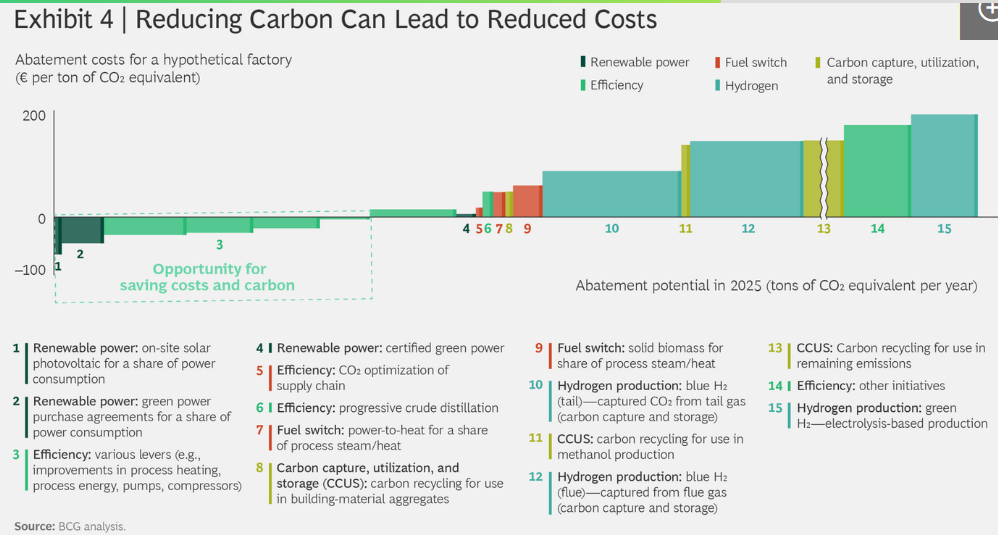The COVID-19 pandemic swept the world in just a few months, with immediate and catastrophic consequences: hundreds of thousands of deaths and a global economic standstill. The climsate problem has unfolded over decades but, if left unchecked, will likewise have profound and permanent consequences for lives and economies on the planet.
As countries globally are feeling the strain on their economies, climate is at risk of becoming the pandemic’s next victim. This must not happen. As they mobilize massive resources to tackle COVID-19 governments, businesses, and investors have a once-in-a-lifetime opportunity to rebuild in ways that support a carbon-neutral future and usher in a new economy. By focusing on the climate agenda, even in the midst of this pandemic, leaders can direct investments toward sustainable infrastructure, green jobs, and environmental resilience. This isn’t just a moral imperative—it’s also an economic one.
The COVID-19 Crisis Is a Threat to the Climate
In the wake of the pandemic, global carbon emissions are expected to decline by 5% to 10% in 2020. This is the largest drop since World War II. (See Exhibit 1.) But instead of offering relief for the climate, it actually veils a significant threat.
In theory, this year’s projected drop in greenhouse gas emissions puts the world on a trajectory to limit global temperature rise to 1.5°C by 2050. (According to the UN’s Intergovernmental Panel on Climate Change, the world requires a 5% reduction of global net emissions every year to reach the 1.5°C goal by 2050.) But a crippling economic shutdown cannot be a first step toward this path. Instead, preventing the climate crisis will require fundamental economic transformation.

On the one hand, COVID-19 will almost certainly trigger a few helpful structural shifts—including more remote working, less frequent and shorter-distance business travel, and abbreviated supply chains—as companies seek to derisk their operations. On the other hand, the risk of a significant rebound in emissions—and worse, a delay in the needed transformation of global economies—currently seem much more likely, for several reasons:
- The asset base is carbon dependent. In many sectors, dependence on fossil fuels is hardwired into production and business models. Without active moves by governments and businesses, countries will gradually revert to combusting high levels of coal, oil, and gas as the economy rebounds.
- Fossil fuels are cheap. Much of the energy transition so far has been driven by the growth of wind and solar, with electric mobility gaining momentum. Now a perfect storm of COVID-19-induced demand shock and oil-producer-induced oversupply has hit the oil market—briefly turning US prices negative for the first time in history. As gas and coal prices fall, the economic case for lower-carbon energy sources diminishes.
- Funding capacity has eroded. The pandemic has eroded trillions of dollars of global GDP, and while many decarbonization levers can benefit GDP, delivering on the Paris agreement will require a total of $75 trillion in investments. Funding these investments will become more challenging, especially in emerging economies that are already struggling to pay off their existing foreign-currency debt as a result of capital flight.
- Focus may shift. With jobs, health, and economic well-being on the line, governments and the public are more focused on addressing this urgent and very visible crisis than on longer-term challenges such as climate. As a result, the needed economic transformation could well be put on hold.

Despite the decline in this year’s emissions, we will still be adding more than 47 gigatonnes of CO2 equivalent into the atmosphere (down from approximately 53 gigatonnes last year). The next few years are decisive for bringing this figure down further, and our actions will shape the planet for generations to come. Unless we manage to fundamentally transform global energy systems and lay the foundation for a green economy now, the pandemic-induced drop in global emissions will not be the beginning of a turnaround, but a one-off effect for climate.
By Patrick Herhold, Veronica Chau, Michel Frédeau, Esben Hegnsholt, Joerg Hildebrandt, Cornelius Pieper, and Jens Burchardt
More: BCG